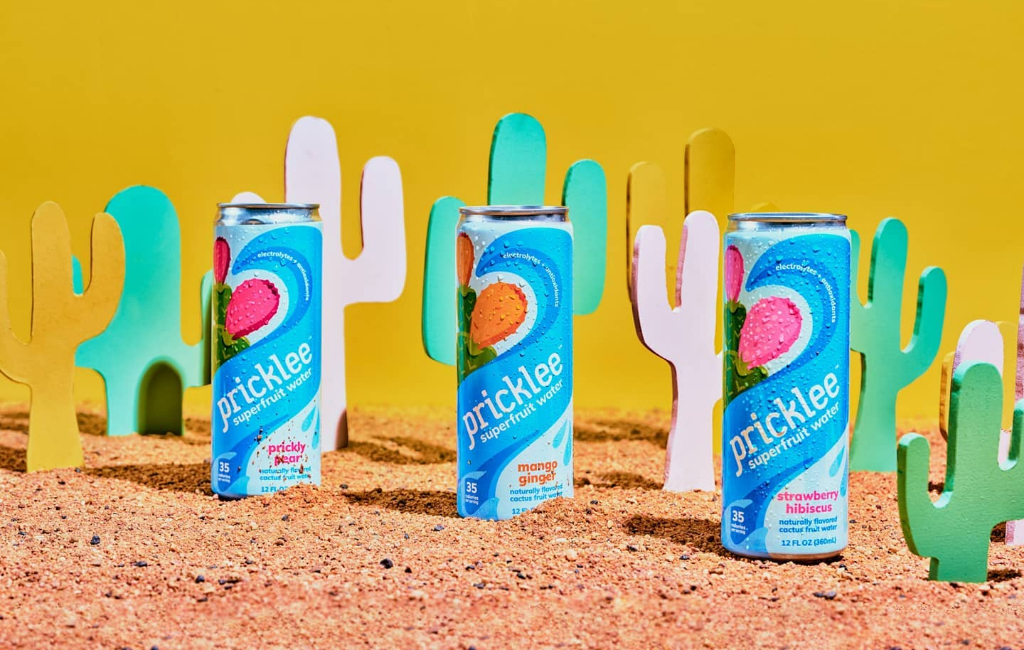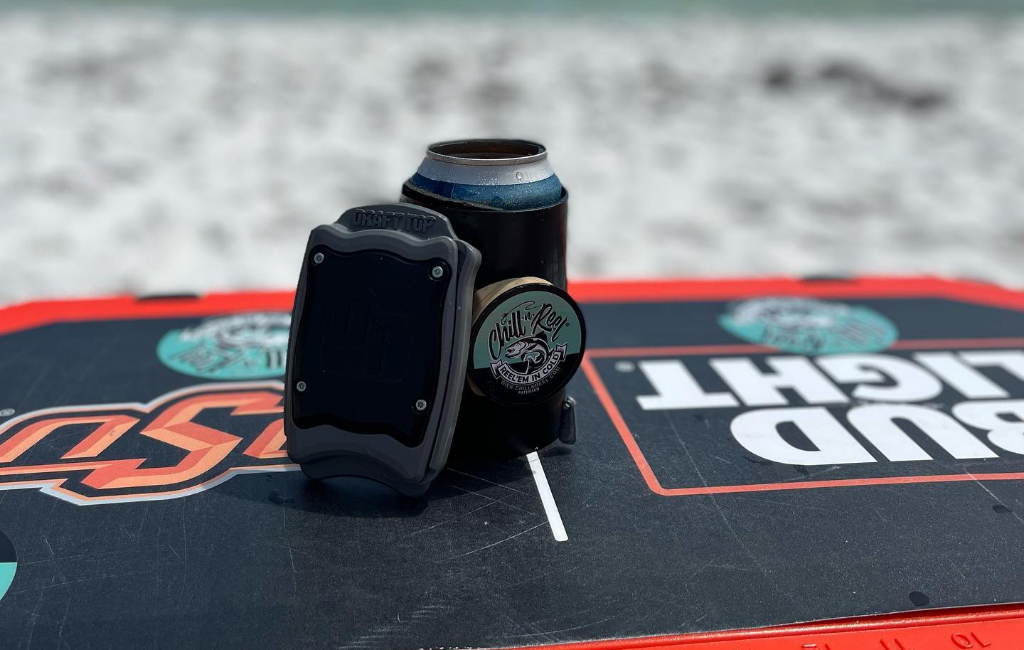Pulp Pantry Veggie Chips
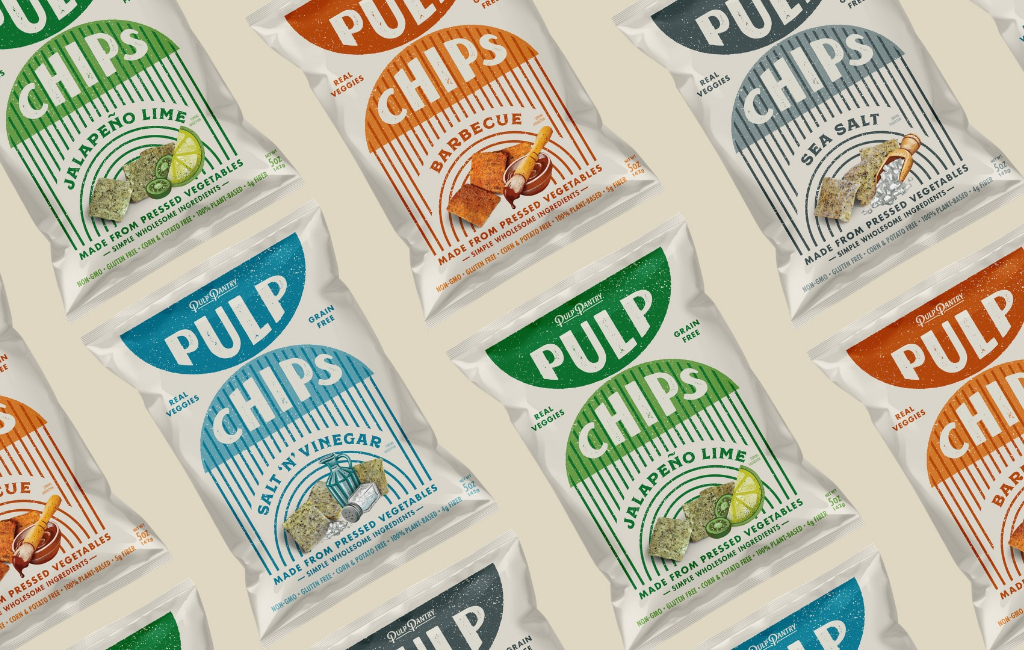

DEAL
EPISODE SUMMARY
🕓 Air Date: May 6, 2023
Asking For:
$500,000 for 10%
Investor:
Mark Cuban
Deal:
$500,000 for 17%
PRODUCT SUMMARY
Pulp Pantry offers a line of real veggie chips made from upcycled organic produce, addressing food waste and promoting sustainable snacking.
WATCH HERE
IN A RUSH?
Click these to jump to the section you want to read.
Background Story
Pulp Pantry, established by Kaitlin Mogentale, embodies her commitment to sustainability and environmental consciousness, evident throughout her journey into the realm of eco-friendly snacking. While the company’s exact location remains undisclosed in the transcript, references to national food waste statistics imply its operation within the United States.
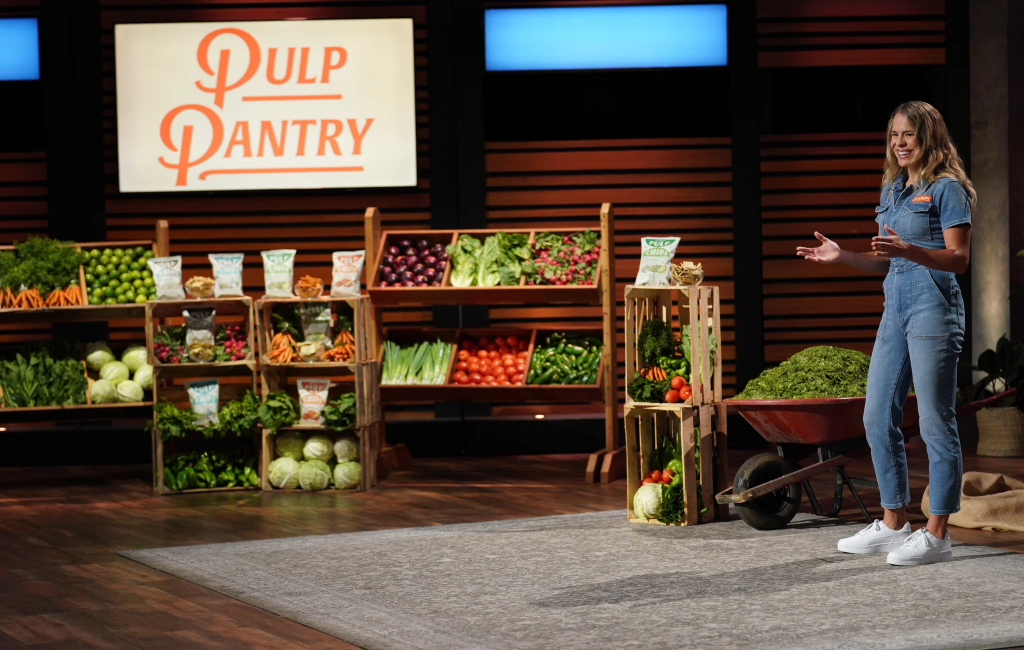
Kaitlin’s venture into sustainable snacking sprouted during her studies in environmental science, fueling her passion for combatting critical environmental challenges, notably food waste. The inspiration for Pulp Pantry struck when she observed the surplus organic pulp from a friend’s juicing session. Determined to offer a sustainable solution and promote eco-conscious practices, she embarked on the innovative transformation of this discarded pulp into delectable and nourishing snacks.
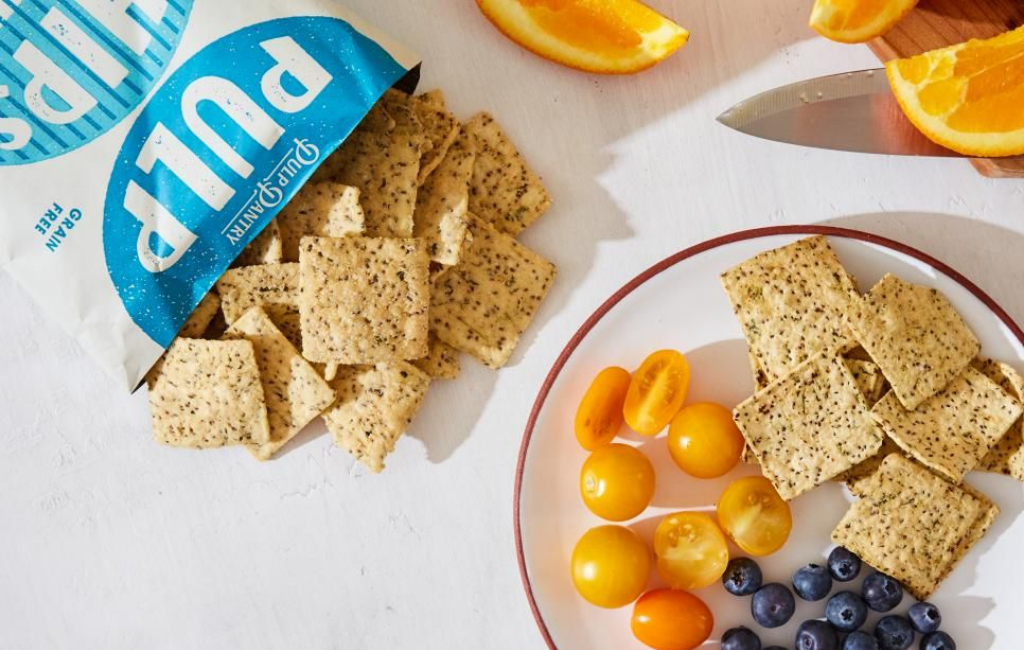
Motivated by a profound dedication to reducing food waste and a strong belief in the potential of repurposing organic byproducts, Kaitlin’s vision for Pulp Pantry was born. Her goal was to establish a robust business that not only provided wholesome snacking alternatives but also contributed to a more sustainable food ecosystem. The company’s overarching mission echoes her unwavering commitment to fostering environmental responsibility while delivering flavorful snacks crafted from repurposed vegetable waste.
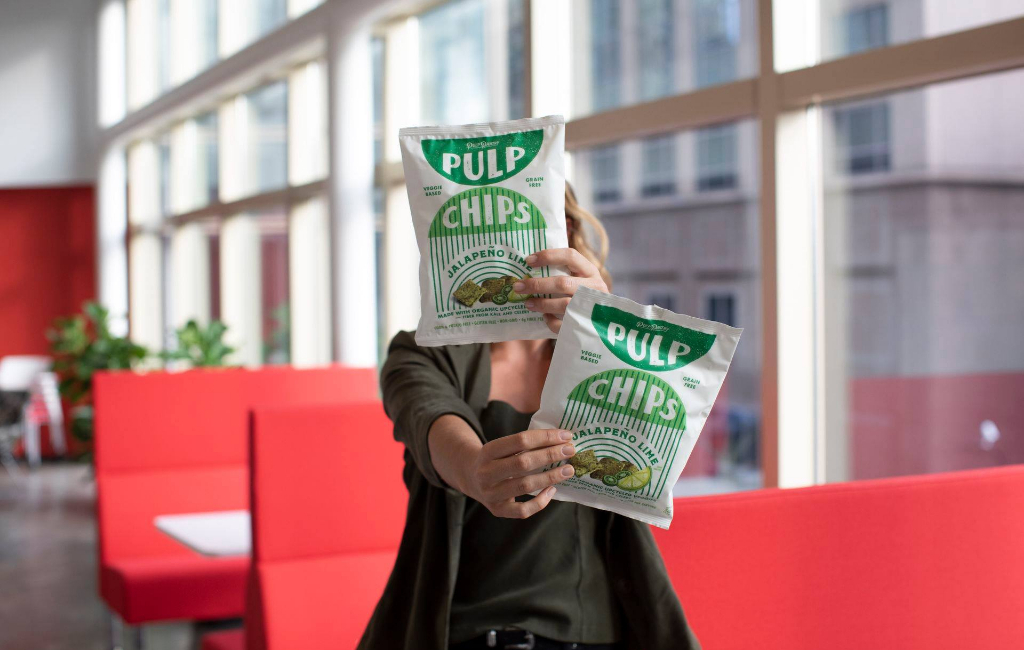
The Product
Pulp Pantry’s flagship product line comprises real veggie chips crafted from upcycled organic produce, avoiding the use of traditional starchy ingredients such as potatoes and grains. These chips come in a variety of flavors, including sea salt, salt vinegar, jalapeño lime, and barbecue, appealing to diverse consumer tastes. By utilizing fresh vegetables, cassava flour, and okara flour, the company produces chips that are not only 100% vegan and grain-free but also gluten-free, catering to a wide range of dietary preferences and restrictions.
One of the key highlights of Pulp Pantry’s veggie chips is their high fiber content, with each serving containing five grams of fiber, making them a satisfying and nutritious snacking option. The product’s emphasis on health, sustainability, and flavor differentiation sets it apart in the competitive snack market. Pulp Pantry’s chips are priced competitively, ranging from $4.99 to $5.49 per bag, making them accessible to health-conscious consumers seeking environmentally friendly and guilt-free snack choices.
Consumers can purchase Pulp Pantry’s veggie chips from a network of over 600 retail locations, providing broad accessibility across various regions. Additionally, the company extends its reach through partnerships with third-party e-commerce platforms, such as Thrive Market and Imperfect Produce, making the products available for online purchase and delivery, thus catering to the growing demand for convenient and sustainable shopping experiences.
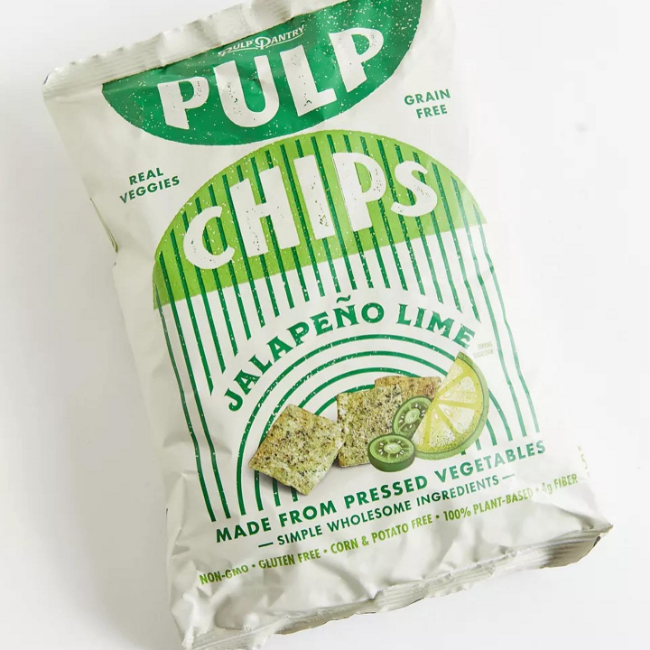
How It Went
The company’s position before Shark Tank
Pulp Pantry has demonstrated commendable performance and growth within the sustainable snacking industry, with an impressive sales record of approximately $500,000 in the most recent calendar year. This success reflects the company’s ability to effectively address consumer demands for environmentally responsible and health-conscious food choices. Despite the competitive nature of the market, Pulp Pantry has secured a prominent position within the industry, with its products gaining recognition and popularity among consumers who prioritize sustainability and nutrition.
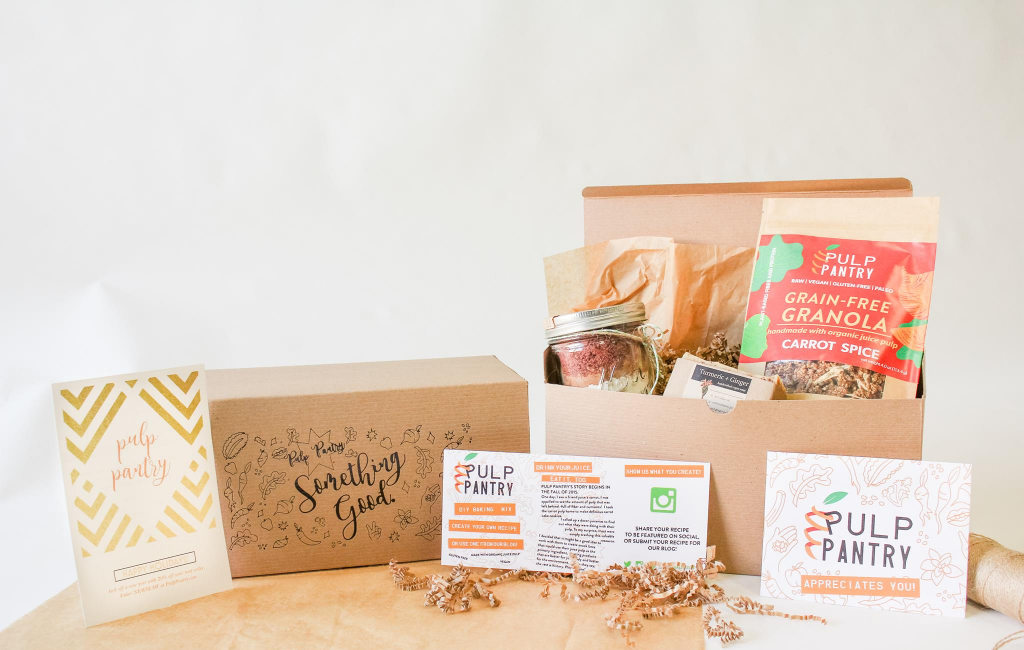
The company’s strategic partnerships with major national juice brands play a crucial role in its supply chain and operational efficiency. By collaborating with these juice brands, Pulp Pantry effectively acquires organic byproducts that would otherwise be discarded, offering a cost-effective solution for the partners while ensuring a consistent supply of ingredients for its own product line. This symbiotic relationship has contributed to the company’s ability to maintain a steady production flow and meet consumer demand efficiently.
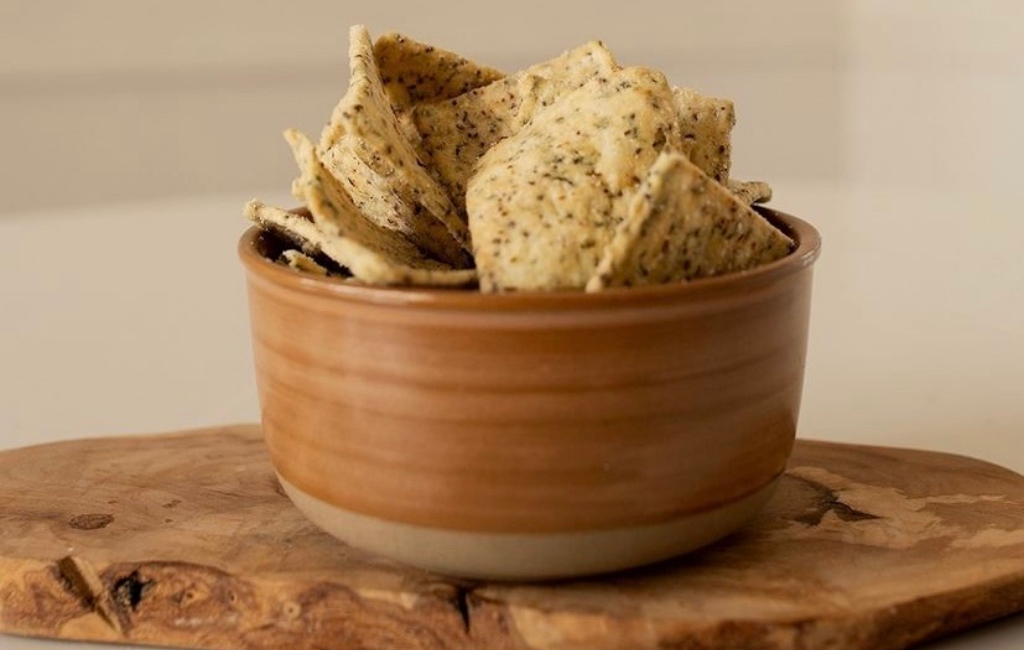
Pulp Pantry’s target customers primarily consist of health-conscious individuals who are environmentally aware and seek wholesome snack alternatives that align with their values. The company’s commitment to sustainability and the use of organic produce resonates with consumers who prioritize eco-friendly practices and support brands that promote responsible food consumption. The company’s initial funding was derived from a grant received from the founder’s university, highlighting the early support and recognition of the business’s potential impact and viability. As evidenced by its net profit of $20,000, Pulp Pantry has proven its ability to operate profitably, showcasing its sound financial management and sustainable business model.
The Negotiations:
During the negotiation process on “Shark Tank,” Kaitlin Mogentale, the founder of Pulp Pantry, received multiple offers from the Sharks, each reflecting their individual assessments of the company’s potential and value. Kevin offered $500,000 for 25% equity, emphasizing his investment as a direct infusion of capital. Lori proposed a $500,000 loan at 6% interest, with a 10% equity stake, highlighting her willingness to provide financial support while also offering her expertise in the food industry.

Mark Cuban’s offer of $500,000 for 20% equity underscored his extensive experience in investing in similar ventures and his understanding of the market’s competitive landscape. He emphasized the importance of the company’s growth trajectory and urged Kaitlin to consider the long-term potential of the business. Eventually, Mark and Kaitlin settled on a deal, with Mark agreeing to invest $500,000 for a 17% equity stake, showcasing his confidence in the company’s mission and growth prospects.
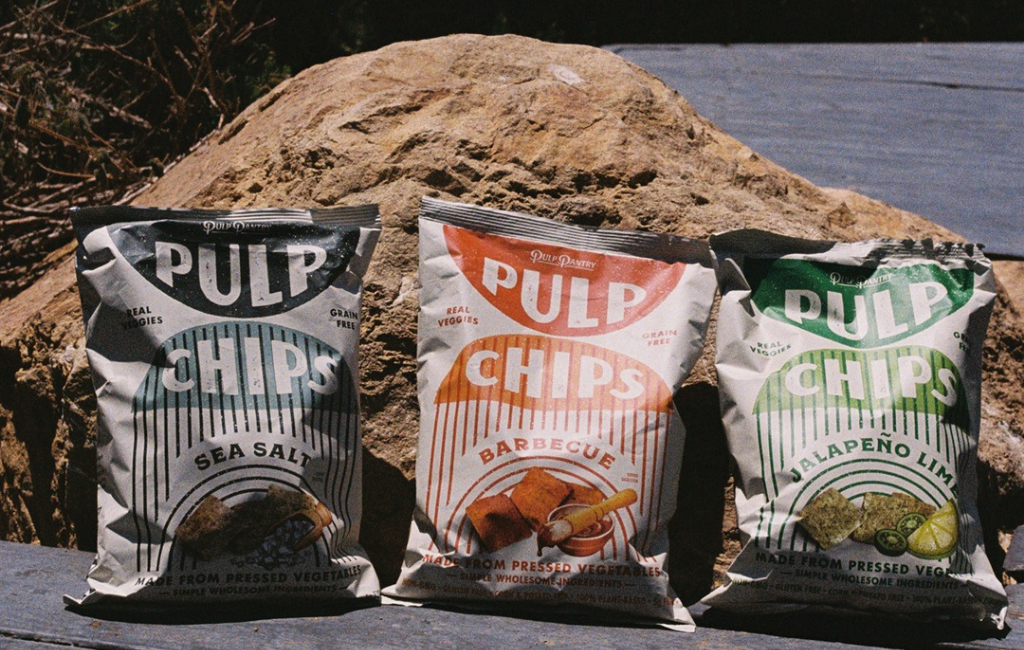
Throughout the negotiation process, Kaitlin adeptly navigated the offers, demonstrating her business acumen and strategic decision-making. She evaluated each offer based on its financial terms, potential for mentorship and industry insights, and the overall fit with Pulp Pantry’s vision and values. By ultimately accepting Mark’s offer, Kaitlin secured not only the necessary financial backing but also a valuable partnership with an experienced investor, positioning Pulp Pantry for further expansion and success in the sustainable snacking industry.






